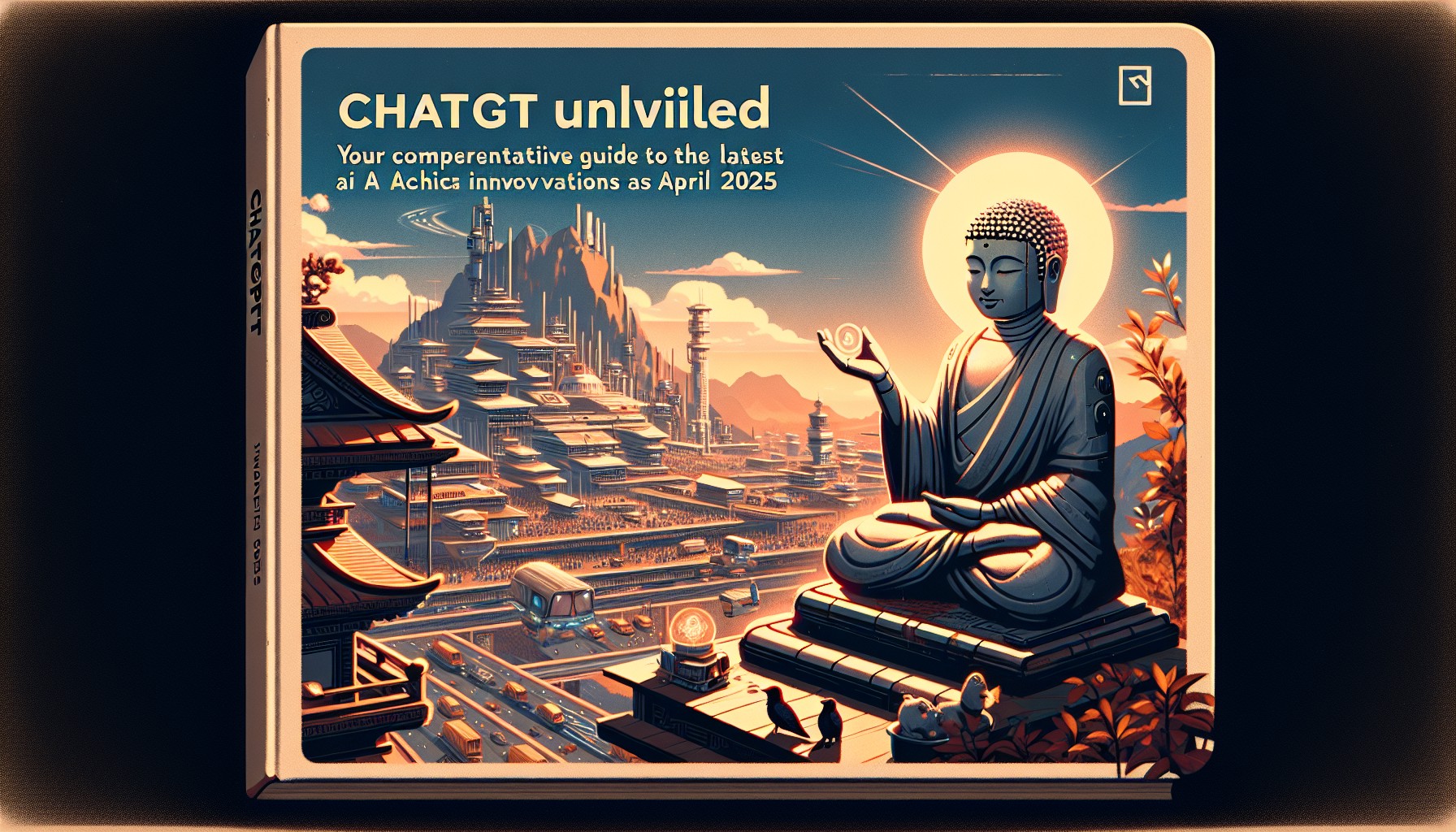The world witnessed a technological milestone in November 2022 when OpenAI unveiled ChatGPT, a text-generating AI chatbot designed to tackle a broad spectrum of tasks with unprecedented efficiency. Initially perceived as a tool to enhance productivity by simplifying the creation of essays and code through brief text prompts, ChatGPT has grown into a phenomenon, boasting a staggering 300 million weekly active users by 2024. This evolution is emblematic of the rapid advancements and increasing ubiquity of artificial intelligence technologies in everyday life and industry.
The year 2024 marked a significant period in OpenAI’s journey, not just because of the sheer growth in user engagement, but also due to strategic partnerships and technological enhancements that expanded ChatGPT’s capabilities. These collaborations allowed OpenAI to integrate ChatGPT into more diverse applications, ranging from education platforms to customer service solutions, making AI an even more integral part of various sectors. Such collaborations have been crucial in demonstrating the versatility of AI, showcasing how it can be tailored to meet specific needs in different contexts, whether that’s helping students understand complex concepts or assisting businesses in offering seamless customer interactions.
As ChatGPT’s user base expanded, so did the sophistication of its underlying AI models. OpenAI continuously worked on refining the AI’s language understanding and generation capabilities, pushing the boundaries of what conversational agents can achieve. The advancements in natural language processing (NLP) and machine learning techniques have enabled ChatGPT to better understand context, nuances, and even emotions in user interactions, making conversations more intuitive and human-like. This level of sophistication has not only improved user experience but also heightened expectations of what AI can deliver in terms of cognitive tasks.
With the vast adoption of ChatGPT, ethical considerations and discussions around responsible AI usage have gained prominence. OpenAI has been at the forefront of these discussions, implementing robust measures to ensure that ChatGPT is used ethically and does not propagate misinformation or harmful content. The company has invested in developing comprehensive guidelines and safety protocols, aiming to balance innovation with ethical responsibility. This commitment has been crucial in maintaining public trust and ensuring that AI technologies are leveraged for positive and constructive purposes.
The impact of ChatGPT has also been evident in the workforce, where it’s reshaping roles and responsibilities. By automating routine tasks and providing powerful support tools, ChatGPT has enabled professionals to focus on more strategic and creative aspects of their jobs. It has empowered industries to innovate and streamline their operations, from automating customer service inquiries to assisting in complex decision-making processes. This shift is indicative of a broader trend where AI is not seen as a replacement for human workers, but rather as a collaborator that can enhance productivity and innovation.
Beyond business and productivity, ChatGPT has made significant strides in educational technology. It has become a valuable resource for students and educators alike, providing personalized tutoring, aiding in research, and facilitating interactive learning experiences. The adaptability of ChatGPT to different learning styles and its ability to provide instant feedback have transformed educational practices, making learning more accessible and engaging. This democratization of knowledge is one of the most profound impacts of AI, as it breaks down barriers and fosters a more inclusive educational landscape.
Looking ahead, the trajectory of ChatGPT and similar AI innovations suggests a future where artificial intelligence becomes even more ingrained in our daily lives. The continuous evolution of AI technologies promises to unleash new possibilities, driving further advancements in fields such as healthcare, finance, and beyond. As AI systems become more adept at understanding and interacting with the world, the potential for transformative change across all sectors becomes increasingly tangible.
In conclusion, ChatGPT’s journey from a simple productivity tool to a global technological powerhouse exemplifies the rapid evolution and potential of artificial intelligence. As OpenAI continues to push the boundaries of what AI can achieve, it remains crucial to navigate the challenges and opportunities that come with such powerful technologies. By ensuring ethical use, fostering innovation, and embracing the collaborative potential of AI, we stand on the brink of a new era where artificial intelligence not only enhances human capabilities but also enriches our lives in countless ways.
